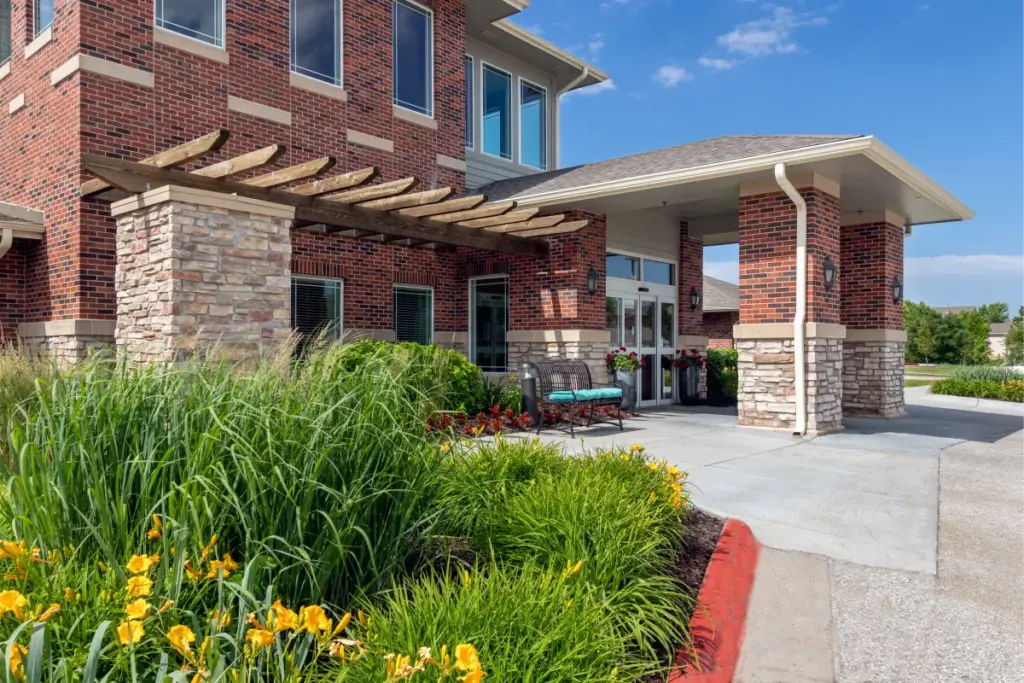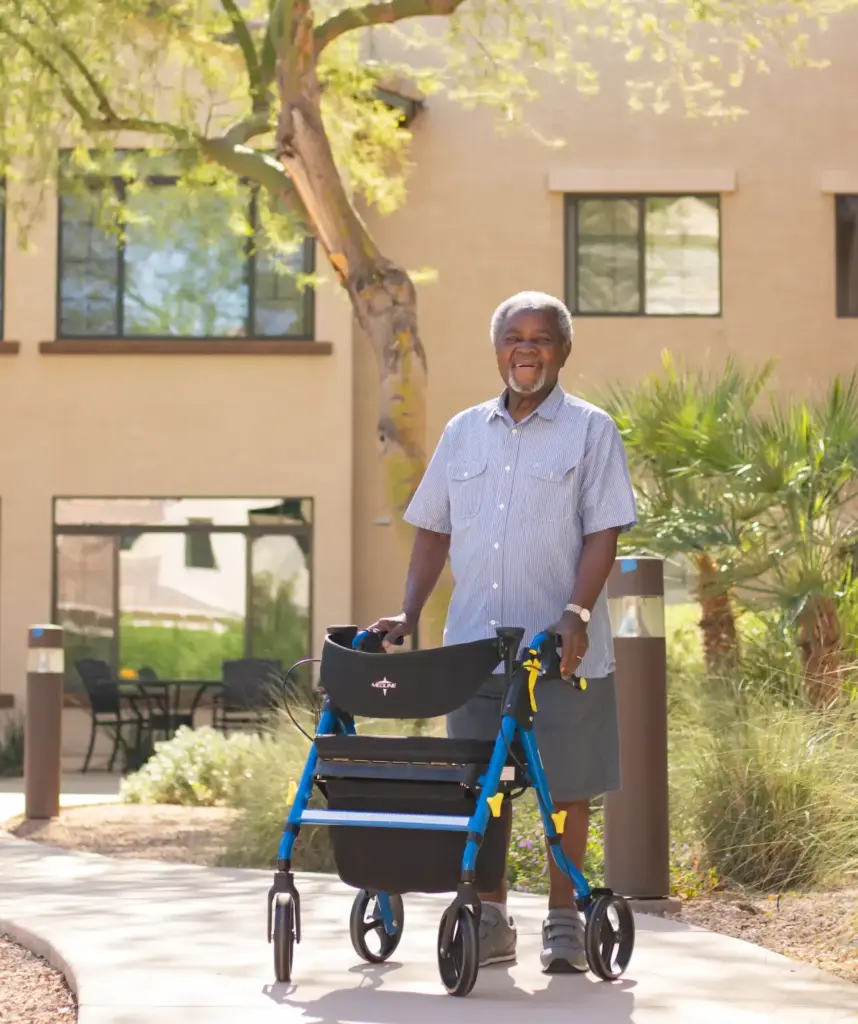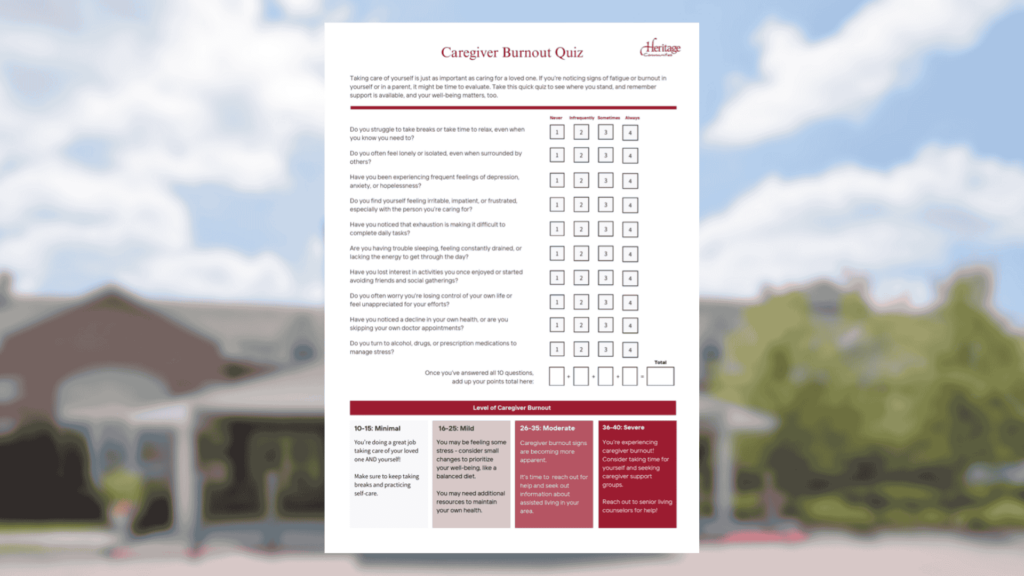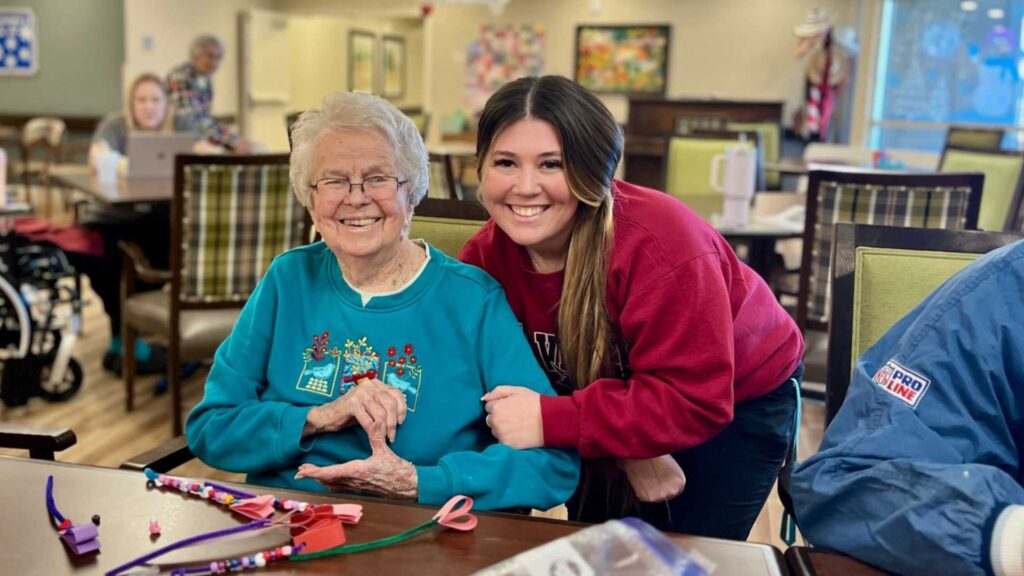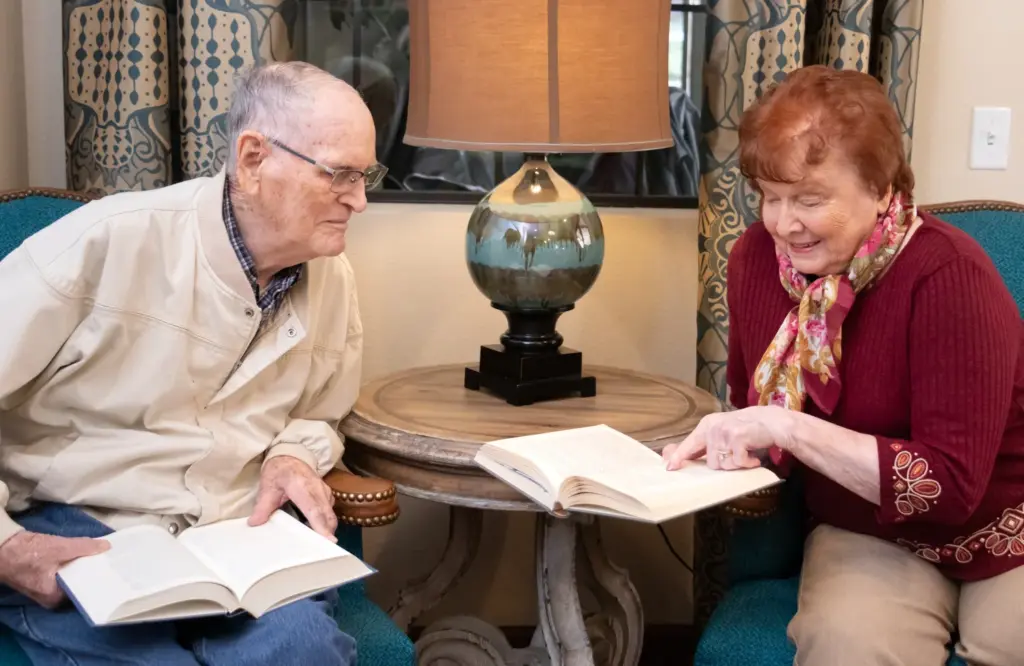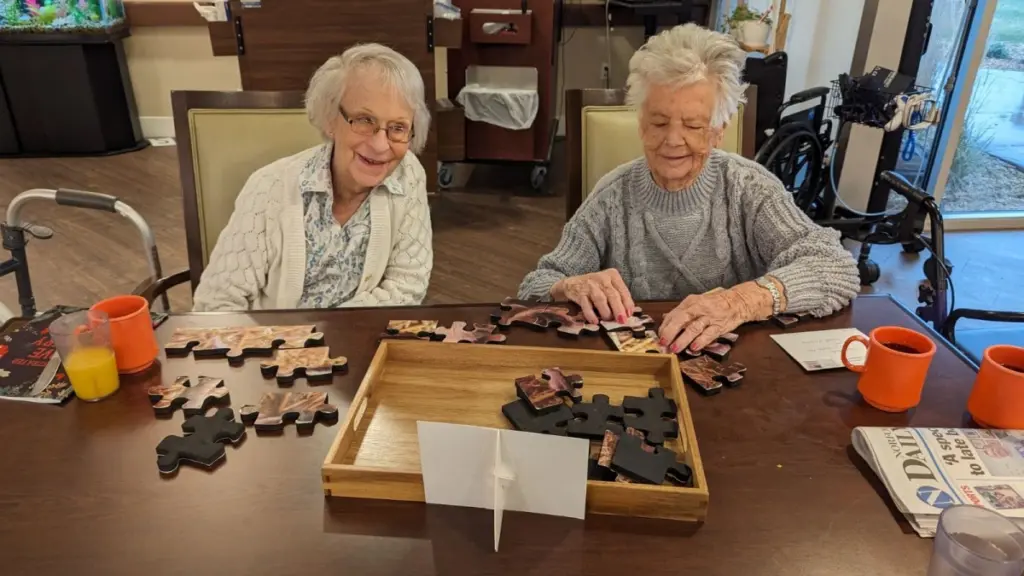Why a Community Setting Can Be Good for Senior Health
The research is clear. Isolation impacts more than just your mental well-being. The issues related to senior health and isolation are broad and significant.
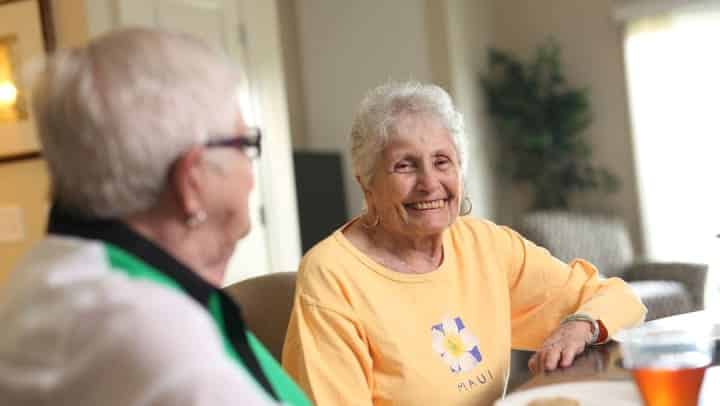
The research is clear. Isolation impacts more than just your mental well-being. The issues related to senior health and isolation are broad and significant. Experts liken the dangers to those of smoking and obesity. Unfortunately, isolation is a reality for many older adults. For a number of reasons, including transportation troubles and a shrinking social circle, retirement doesn’t always turn out to be the thriving lifestyle older adults envision.
Socially isolated older adults are at higher risk for a wide range of serious medical concerns, including:
- Depression
- Cardiac disease
- Stroke
- Obesity
- Diabetes
- Dementia
While these concerns are serious, there are solutions. One is to transition to a senior living community.
Community Promotes Senior Health and Social Engagement
A resident of a senior living community will have ample opportunities to socialize. You can join as many—or as few—activities as you choose to each day. Isolation and loneliness will be a thing of the past.
1. Senior living offers life enrichment programming
Life enrichment pursuits are the heart of a community’s personality. You’ll find art workshops, musical events, and a diverse calendar of activities designed to nurture the body, mind, and spirit. While some senior living communities have had to modify the size and delivery of their life enrichment activities amid concerns about COVID-19, activities are still happening every day.
2. Senior living encourages informal gatherings
Informal gatherings among residents are a common sight in senior living communities. Every day you’ll find small groups enjoying cups of coffee together, playing a lively game of cards, or taking in an evening movie. These opportunities give residents a chance to build bonds with peers, something that can’t be replicated by family visits.
3. Senior living promotes wellness activities
Staying active and on the move is much easier in a senior living community. Wellness programs typically include stretching, walking, light weight training, yoga, and more. At Heritage Communities, we’ve taken it a step further. Through our own home health company: Heritage OnCare Home Health, personal trainers work with residents to help them maintain core strength and balance, and attend to skilled nursing needs inside their apartment.
4. Senior living provides volunteer opportunities
Residents of senior living communities are often involved in volunteer work, whether on campus or at a nearby nonprofit organization. This is another area where the research is clear. Volunteers enjoy longer, healthier lives. They make more friends and feel more productive. Both are essential for living a meaningful life at any age. Our team members can help residents identify opportunities to give back, if that’s an area of interest.
5. Senior living offers avenues for connecting virtually
When adult children live far away from older parents, it’s tough to feel connected. In senior living communities, however, residents benefit from tech solutions. Team members can help residents master platforms such as Zoom and Skype. While it’s not the same as seeing one another in person, it is the next best thing.
Weigh the Pros and Cons
Even if senior health generally increases in a community, we understand the decision to stay in your private home or move to a senior living community is a big one to make. We created a guide to help you weigh the pros and cons of this choice. Download our complementary version of Should You Stay or Should You Go? It’s a free guide to help you decide whether you should stay in your current home or make a move to a senior living community.
We also invite you to learn more by calling the nearest Heritage Communities location to schedule a virtual or in-person tour!

